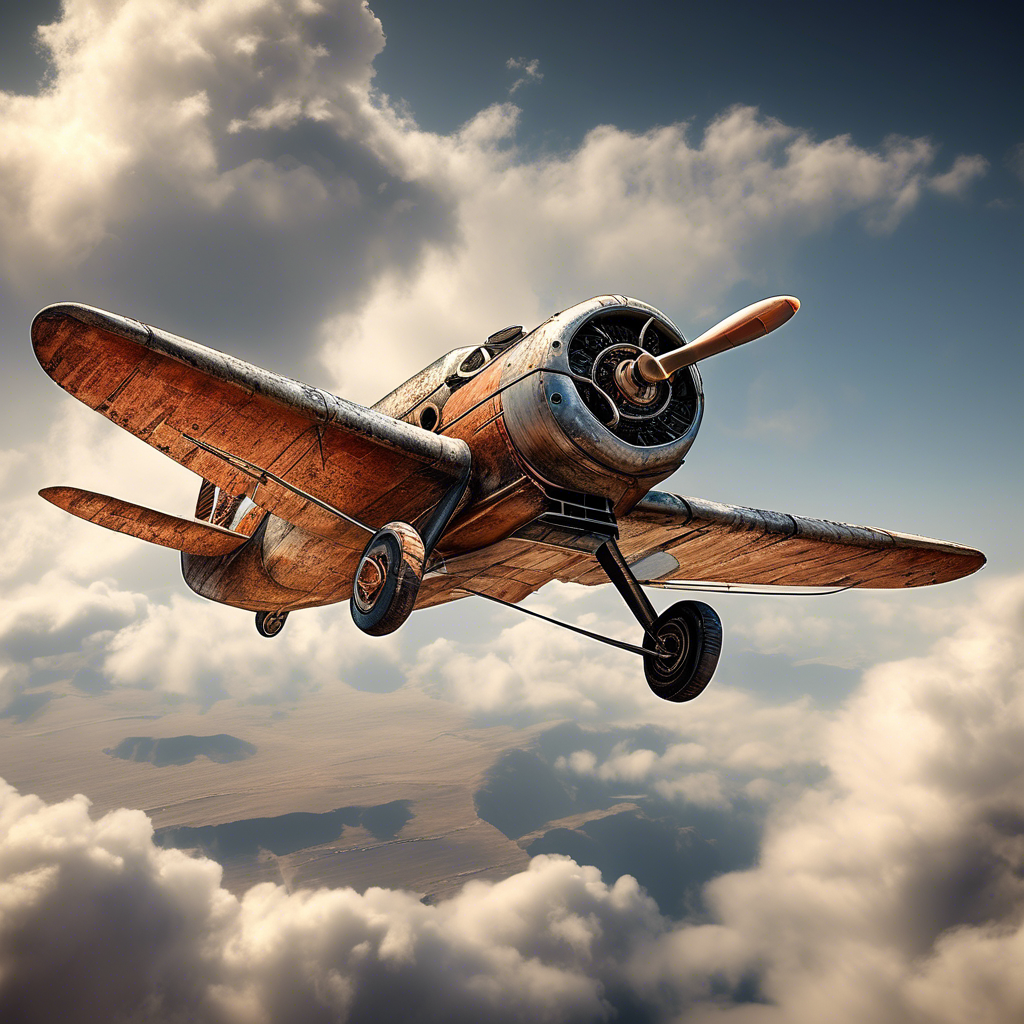
The invention of the airplane is a pivotal moment in human history, one that has had a profound impact on people’s lives and has changed the course of history forever. The story of the airplane’s discovery is a fascinating tale that spans across continents and centuries, involving brilliant inventors, groundbreaking machines, and the evolution of technology.
The history of the airplane can be traced back to ancient times, when early civilizations in Europe, the Middle East, Asia, and Africa first began to experiment with the concept of flight. From the myth of Icarus and Daedalus in Greek mythology to the flying machines designed by Chinese inventor Wan Hu in the 16th century, the dream of human flight has captivated imaginations for centuries.
It wasn’t until the late 19th and early 20th centuries, however, that the airplane as we know it today started to take shape. In 1903, the Wright brothers, Orville and Wilbur, achieved the first powered, controlled flight in Kitty Hawk, North Carolina, ushering in a new era of aviation. Their invention revolutionized transportation, communication, and warfare, forever changing the way people lived and interacted with the world.
Before the invention of the airplane, travel between continents was slow and arduous, with voyages by sea taking weeks or even months to complete. With the advent of air travel, however, people could reach their destinations in a fraction of the time, opening up new opportunities for trade, tourism, and cultural exchange.
The impact of the airplane on warfare was equally significant. During World War I, airplanes were used for reconnaissance, bombing raids, and aerial combat, shifting the balance of power on the battlefield. In subsequent conflicts, such as World War II and the Cold War, airplanes played a crucial role in military strategy, helping to shape the outcome of key battles and campaigns.
The development of airplanes also had a profound impact on the way people viewed the world around them. From the cockpit of a plane, pilots could see landscapes and terrain from a perspective that was previously unimaginable, inspiring a sense of wonder and awe at the beauty and vastness of the earth.
In addition to its practical applications, the invention of the airplane also sparked a wave of innovation and creativity in other fields. Engineers, scientists, and inventors around the world were inspired by the Wright brothers’ achievement, leading to advancements in aviation technology, materials science, and aerodynamics.
Today, airplanes are a common sight in the skies, transporting millions of passengers and cargo around the globe every day. From commercial airliners to military jets to private planes, the legacy of the Wright brothers lives on in the countless aircraft that crisscross the sky, connecting people and cultures in ways that were once unimaginable.
In conclusion, the invention of the airplane has had a profound impact on people’s lives and the course of history. From its humble beginnings in a North Carolina field to its status as a symbol of progress and innovation, the airplane has changed the way we live, work, and interact with the world. As we look to the future, the legacy of the Wright brothers and the pioneers of aviation will continue to inspire generations of inventors, dreamers, and adventurers to reach for the skies and push the boundaries of what is possible.